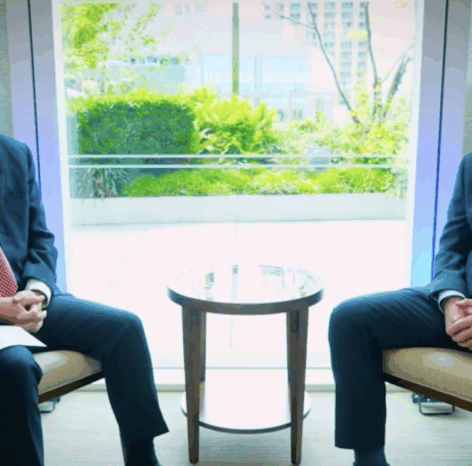Case Study: Gender-Inclusive and Sustainable Development in Rural Mongolia
11/08/2025
In June 2025, the Record Emerging Market Sustainable Finance (EMSF) strategy invested USD 15.7 million in the 6-year amortizing Mongolian tugrik denominated bond issued by the Asian Development Bank (ADB). The issuer will use the proceeds to support APU Dairy LLC in financing the construction of a new factory building, expansion of dairy processing and packaging capacity, as well as the establishment of raw milk collection centres and other working capital needs.
Background
Mongolia is a vast, landlocked country in East Asia, uniquely positioned between Russia and China. With a population of 3.5 million people, roughly half of which are situated in its capital, Ulaanbaatar, Mongolia expanses over c. 604 square miles, making it the world’s most sparsely populated sovereign state. The country is distinguished by its rich nomadic heritage and unique ecosystems including the Gobi Desert and steppe grasslands.
Over the past decade, Mongolia was one of the fastest growing economies, largely driven by activity in the mining and services sector. However, growth has been volatile and has not generated prosperity for all. The economy is highly dependent on commodity exports and its strong trade links with Russia and China. Commodity exports (mostly coal and copper) to China accounted for more than 90% of total exports in 2024. Moreover, Mongolia’s development prospects are highly sensitive to climate change. The country is experiencing warming rates more then double the global average, increasing vulnerability to extreme weather events such as dzuds and flooding, the social and economic outcomes of which could be profound. To address these challenges, the Mongolian government has launched the Vision 2025 development strategy with a focus on diversification, poverty reduction, sustainable growth and private sector development.
According to the Asian Development Bank, agriculture, particularly animal husbandry, is a key pillar of Mongolia’s economy, contributing c. 13% to GDP in 2022 and employing 23% of the workforce. With one-third of the population living in rural areas and 78% of rural households owning livestock, the sector is vital for livelihoods and economic diversification beyond mining. However, despite producing 800 million liters of raw milk annually, only 10% is processed due to limited procurement from herders, leaving much of the country’s dairy processing capacity underutilized.
Our Investment
Record’s investment in a Mongolian tugrik denominated bonds supports the ADB’s mission to focus on improving social services, female livelihood opportunities, sustainable infrastructure, technical assistance and policy-based lending for economic diversification and climate action. By providing funding in local currency, this investment also contributes to reduce borrowers’ exposure to exchange rate volatility which is an important step in strengthening Mongolia’s financial resilience and supporting private sector growth.
The proceeds of this transaction will predominantly be directed towards the following sustainable development priorities in Mongolia:
- Addressing remaining poverty and reducing inequalities (SDG 1 & SDG 10)
- Accelerating progress in gender equality (SDG 5)
- Tackling climate change, building climate and disaster resilience, and enhancing environmental sustainability (SDG 13)
- Promoting rural development and food security (SDG 2, SDG 8 and SDG 9)
The project will specifically contribute to supporting the integration of herders into Mongolia’s dairy value chain by financing APU Dairy’s expansion of raw milk procurement and dairy processing capacity. The project will:
- Support livelihoods of 1,000 herders
- Provide employment for 320 workers in a gender-inclusive manner
- At least 30% of herders receiving milk payments from the new collection centres will be women
The transaction is fully aligned with the Mongolian Government’s goals to support the business and economics of herders and herder groups, develop agriculture, enhance agricultural productivity, increase local value addition, create jobs, and improve food security.
For more details on ADB’s operations, priorities and impact outputs in Mongolia, please visit: https://www.adb.org/projects/58144-001/main

